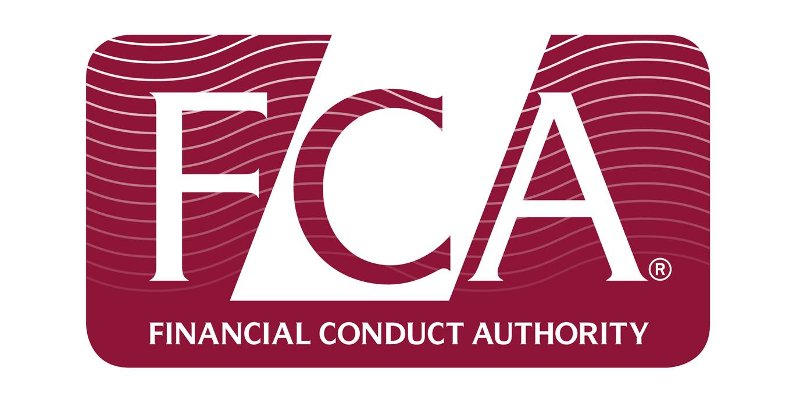The trade association also cautioned against unrealistically raising borrowers’ expectations regarding number of mortgage prisoners who will be helped.

The Intermediary Mortgage Lenders Association has warned that lenders will struggle to introduce the modified affordability assessments proposed by the FCA to help mortgage prisoners.
The trade association also cautioned against unrealistically raising borrowers’ expectations regarding the number of mortgage prisoners who will be helped.
The trade body said: “IMLA believes many lenders will be unlikely to adopt modified assessment processes in response to the FCA’s proposal for extending these assessments to all borrowers seeking to remortgage.
“Approving, adjusting and testing new and revised systems is likely to take months to complete.
“It will not be a matter of simply turning off or disapplying rules and any such delay could disadvantage the cohort of trapped borrowers which the amended rules intend to help.”
In a March consultation paper, ‘Mortgage customers: proposed changes to responsible lending rules and guidance’, the regulator proposed for lenders to carry out a modified assessment when a customer has a current mortgage, is up to date with their payments, doesn't want to borrow more and is looking to switch to a new deal.
Inactive lenders would have to review their mortgage books and contact customers.
As part of this ‘modified assessment’ lenders could choose not to apply the interest rate stress test requirements, while they could also ignore usual rules on interest-only, including the requirements for consumers to have a credible repayment strategy in place for remortgagors.
IMLA urged the FCA to conduct more detailed research into the characteristics of the target group with a view to sharing this information with the industry before reaching its final conclusion.
The trade body added that the FCA should consider other solutions to help those unable to switch.
It said arrangements where books of loans are sold, assigned or transferred should be scrutinised.
And it proposed expanding the regulatory perimeter so that entities that acquire books of regulated loans must comply with a minimum regulatory framework designed to protect affected borrowers.
It also called on the FCA and government to revive legislation, originally set out in a 2009 Treasury Consultation paper, that planned to expand the definition of the regulated activity of administering a regulated mortgage contract.
This was to be achieved by ensuring that companies which interact with mortgage holders were regulated by the then-Financial Services Authority (FSA), including either the purchaser of a mortgage book or third-party administrators.
Kate Davies, executive director of the Intermediary Mortgage Lenders Association, said: “The regulator has put forward clear proposals to address the issue of mortgage prisoners in the UK, which is to be welcomed. However, there remains a great deal of confusion around the number of ‘trapped’ borrowers these changes are likely to help.
“Our industry must therefore be careful not to unrealistically raise the expectations of borrowers. Proposals such as modified affordability assessments will only support a small number of borrowers who find themselves unable to re-mortgage onto better deals.
“IMLA believes that the regulator and government should consider alternative measures, including advanced legislation that was abandoned in 2013, to improve protections for those who remain unable to switch to a cheaper, more suitable mortgage deal.”



